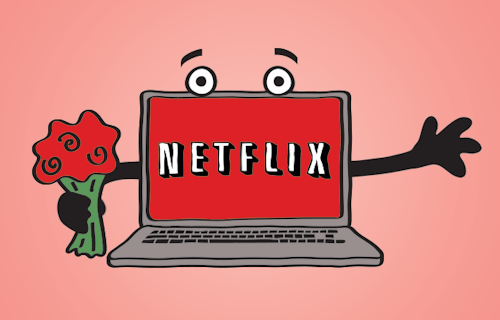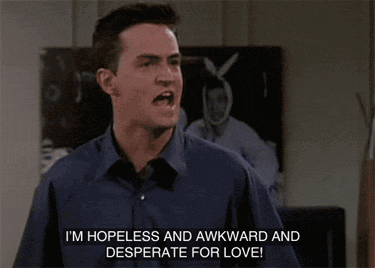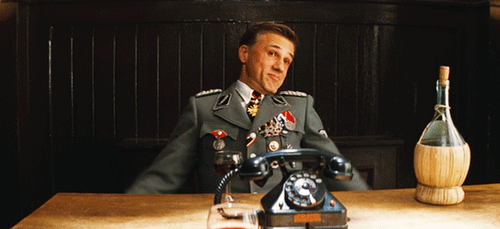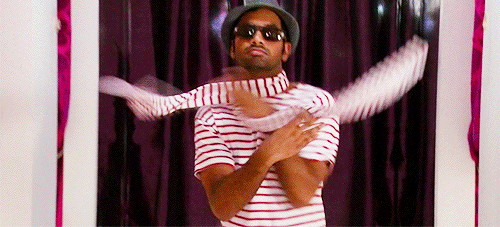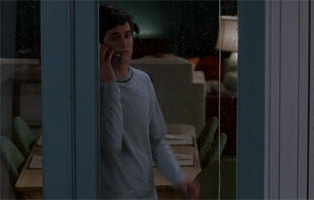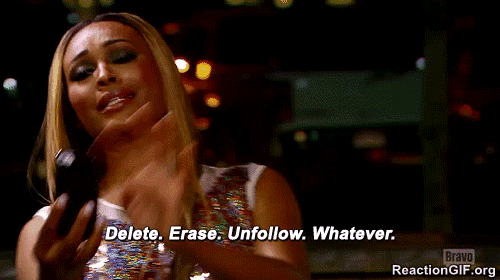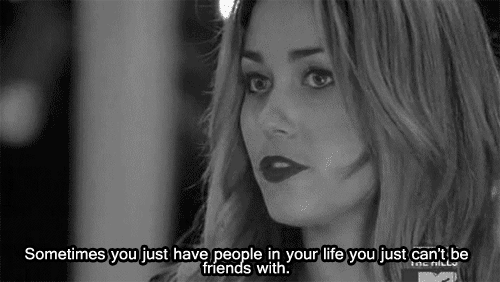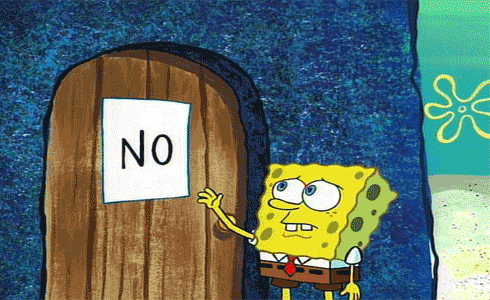
The dreaded, borderline inhumane tribal ritual of an individual getting up in front of a large group of people and saying words.
Personally, I’ve always had mixed feelings about public speaking. It all depends on the group of people you’re addressing, I say. If they’re an engaged, enthusiastic audience who want to hear what I have to say, chances are I’m going to be far more comfortable than when trying to address a rowdy crowd of people with zero interest in what I’m saying.
It also depends on you and what you’re talking about. Are you passionate about this? Do you have extensive knowledge on the subject matter at hand?
Now, I hated public speaking in high school. Hated it. (You know I mean business when I break out the italics). Hand raising in class? Doable. Getting up and talking in front of a tired group of people anxiously eyeing the clock in hopes that the time will drain away and it will be time for them to leave—lol no. I just mean—the amount of anxiety that would flow through my adolescent body was insane! I would mark my calendar for my presentation date, and treat every day as though it was a precious gift all leading up to the final day of doom—when I would stand in front of the class, clutching my notes in my hand (trying not to pass out), and educate my classmates on topics they cared little about.
Despite this, I can—on some level—appreciate what teachers were trying to achieve by asking you to get up in front of the class and present. It is an important skill, and one that is required in many career fields. They just want us to get used to the idea, reduce some of the tension behind it, and help improve our speaking abilities—such noble reasons for such a cruel, heartless act.
I am happy to report that this is no longer the case with me. In fact, I’ve even decided to go to pursue teacher’s college after my undergrad at UTM. Participating in several extra curricular activities and taking courses a percentage of my mark is dependent upon my class participation has definitely opened up doors for me—over time, I just got more comfortable talking in front of people. (I do, however, feel somewhat guilty knowing I’ll have to subject my future students to the same tortures [cough] I was subjected to in my own school career. Just not enough, I guess.)
All in all, public speaking is a skill, and one that does not come easily (I have clearly learned the hard way). As someone who persevered through this, I feel confident in offering some advice to those who are going through the same struggle.
Deep breaths. Inhale, exhale, and repeat. Several times. Three times to be precise. It clears and declutters your mind. If you feel really awkward, just remind yourself—you’re never as awkward as you think you are (words to live by). If you mess up—you’re only human. No one in the world has gone through every public speaking event in their lives flawlessly. Educate yourself on the topic; you’ll have a far easier time talking about things you have extensive knowledge on, versus something you’ve barely looked at. Read, read, and reread until you know it like the back of your hand—it also decreases the possibility that you’ll forget something.
Good luck, friends. May the force be with you.

